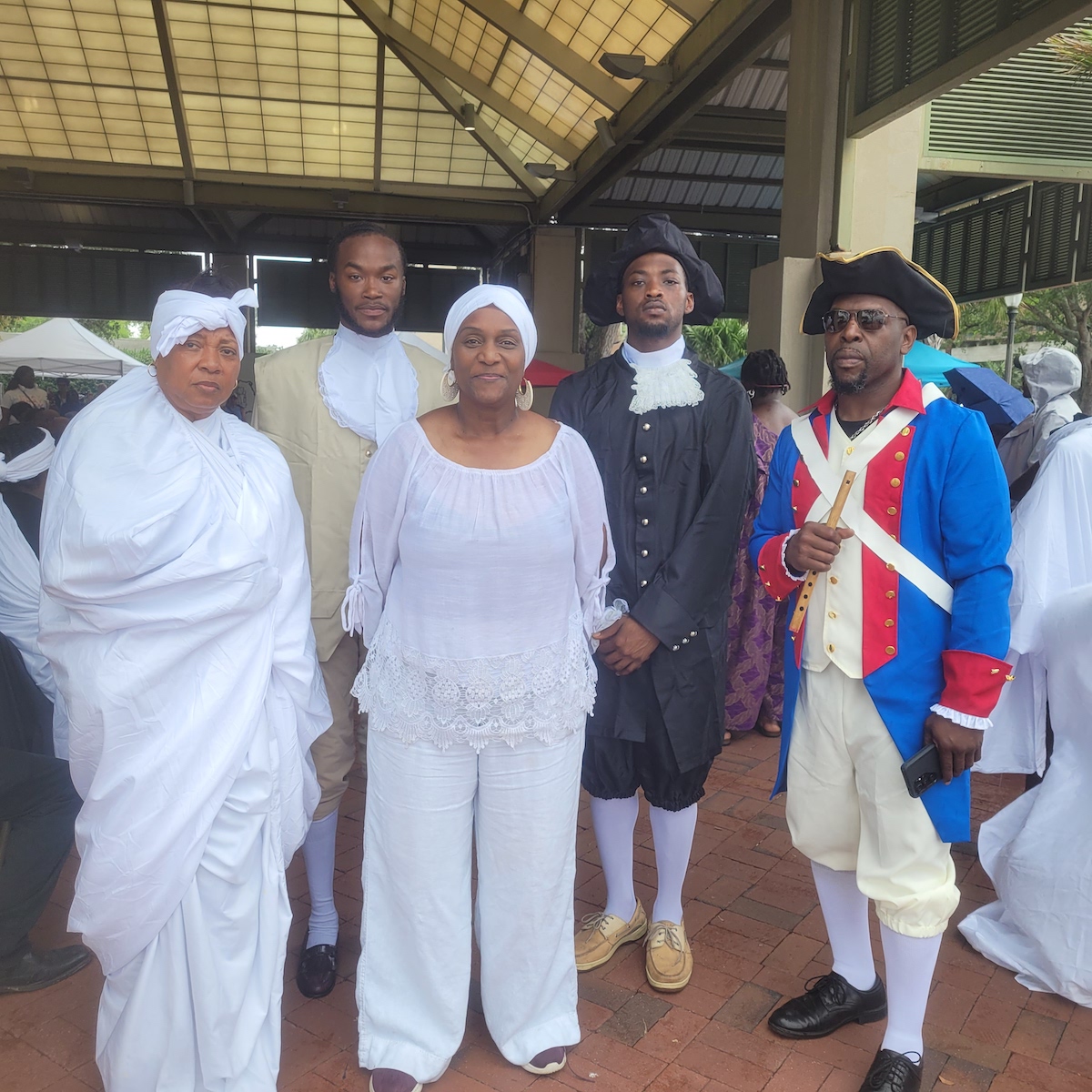By Alan Schuster
Simply put, Carmen is an epic achievement in the 400-plus years of opera. Milton Cross, the distinguished voice of the Met Opera’s Saturday broadcasts for more than 40 years, considered Carmen to be “one of the universal favorites of the operatic stage, filled with vivid musical characterizations, brilliant orchestration and continuously flowing melody.”
Act I: In a town square in Seville, soldiers wait for girls who will be taking a break from a cigarette factory. Micaela, a young country girl, arrives, searching for a soldier, Don Jose, but doesn’t find him and leaves. Don Jose appears as the cigarette girls are returning to work. Carmen, a stunning gypsy, sees him and tosses him a flower while she’s singing a song. Micaela returns, bringing tidings to Don Jose from his mother, to whom he has promised to marry Micaela. A quarrel breaks out in the factory; Carmen wounds a friend and is arrested. Don Jose is assigned to guard her, and she tries to seduce him. Her scheme to win her freedom succeeds, and he frees her before they reach the prison. His offense, however, earns him a one month sentence.
The Music: Carmen’s first dazzling number is her sultry Habanera: “Love is a bird that no one can tame,” sung to a tango. As she sways slowly to its growing rhythm, the orchestra and chorus add a powerful punch to the finish. Bizet gifts her with another equally impressive song, popularly known as the Seguidille. Sung seductively in Don Jose’s presence, she lures him into abetting her arrest escape.
Act II: At a mountainside inn, Carmen is dancing with her friends when the matador, Escamillo, arrives and flirts with her, but Carmen ignores him in the expectation of Don Jose returning to her. He does, and they spend a brief passionate moment together before he must return to his barracks. Carmen asks him to run away with her to the mountains. Helplessly in love, he follows her.
The Music: Four set pieces make up this act, each one stunning. At the inn with her gypsy friends, Carmen invokes a soft, sexy mood which gradually grows at a rapid pace, again with a rousing orchestral climax. Next up, Escamillo enters and wastes little time with a self-centered toast to himself, much to the delight of his admirers who cheer him on with a series of familiar “tore-e-ah-dor’s’. Without a doubt, it’s opera’s most recognizable couplet, heard far beyond stage performances worldwide. A unique quintet finds two smugglers looking for three zingarellas (gypsy women) — including Carmen — to join them on a job. “It’s always good” they say, “to have ladies with you when it comes to cheating and thieving.” It’s fast, colorful, and with sharp exchanges among them. A real gem. And finally, a remarkably effective scene in which Carmen tells Don Jose: “Now I dance in your honor”, accompanying herself with castanets while creating a sensuous mood, bringing about a totally obsessed look from him.
Act III: Hiding with smugglers, Don Jose regrets breaking his promise to Micaela. Carmen, already tired of him, turns her thoughts to Escamillo. After she foresees her death in tarot cards, Escamillo arrives and when he begins to fight with Don Jose, Carmen separates them. Micaela comes to the hideout pleading with Don Jose to return to his dying mother. He agrees, but not before threatening Carmen that she has not seen the last of him. Carmen, on her way to the bullfight with Escamillo, is warned of Don Jose’s presence nearby. He begs her to return to him but she rejects him. Blinded by jealousy and pain, he stabs Carmen to death.
The Music: The “Card Trio” launches a brilliant passage of the score. Carmen, squatting on the ground with two friends, learns her fate with tarot cards. “Diamonds, spades … death!”, she says. Then, in a low voice: “First I, then he,” as she turns and sees Don Jose nearby. It’s a dark and dramatic bit of theatre.
In the plaza outside the bull ring, the final scene begins with the popular march of the bullfighters. After they have entered the ring, cheering can be heard as Escamillo performs. Don Jose approaches Carmen near the entrance. Once more, he pleads for her love, but to no avail. As the cheers grow louder, he draws his knife and kills her. The arena doors open. Out pours the crowd to find the body of Carmen near the steps. Throwing himself over her body, Don Jose cries: “Carmen, je t’adore.” [Running time, excluding intermissions, is two hours and 40 minutes.]
The principal cast: Mezzo-soprano Anita Rachvelishvili returns to the Met, singing her signature role of the ill-fated gypsy temptress. Aleksandrs Antonenko plays Don Jose, and Ildar Abdrazakov is the matador, Escamillo. Pablo Heras-Casado conducts. Rating: PG
The next performance will be Rossini’s “Barber of Seville,” Saturday, Nov. 22.
All seats are general admission. Tickets are Adults, $20; OLLI members, $18; Students, $10. Order online at www.uscbcenterforthearts.com or call the box office at 843-521-4145. The box office opens at noon for tickets the day of the event.
IF YOU GO: The MET: Live in HD presents the world-famous opera “Carmen” on Saturday, November 1 at 12:55 p.m. at USCB Center for the Arts located at 801 Carteret Street, Beaufort, SC.






